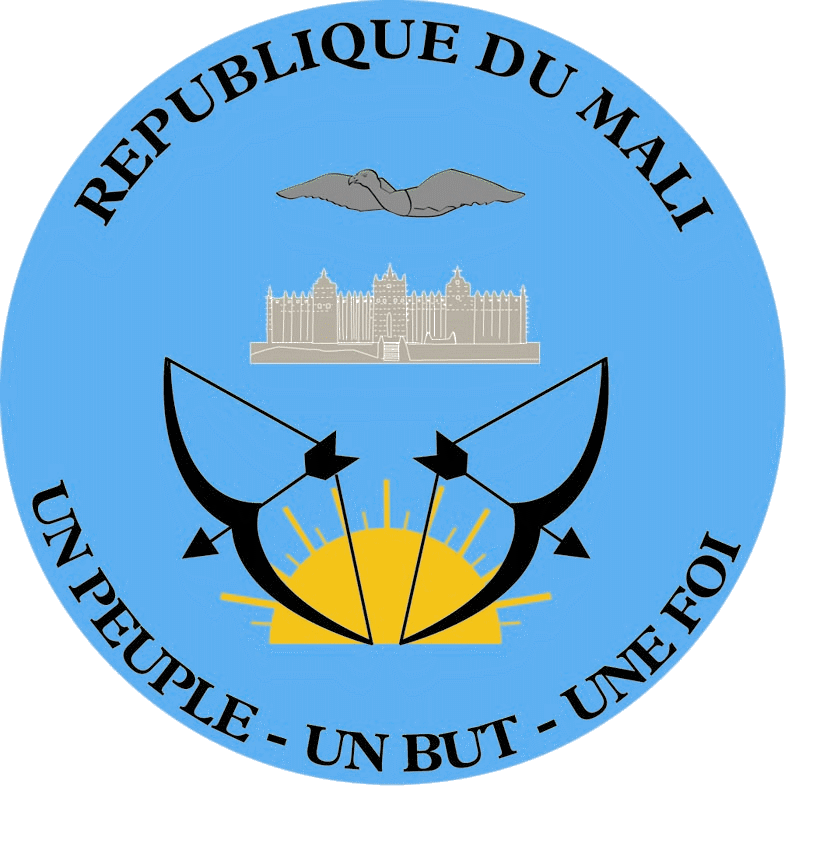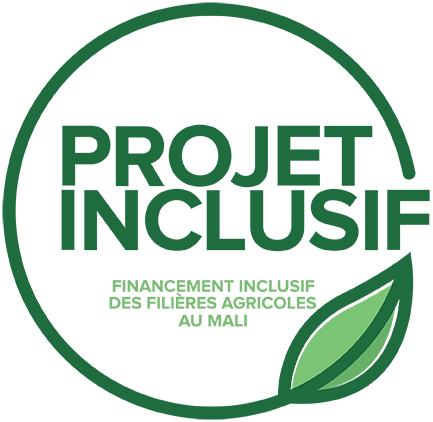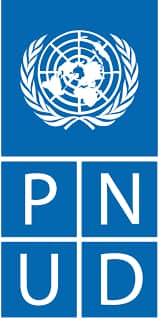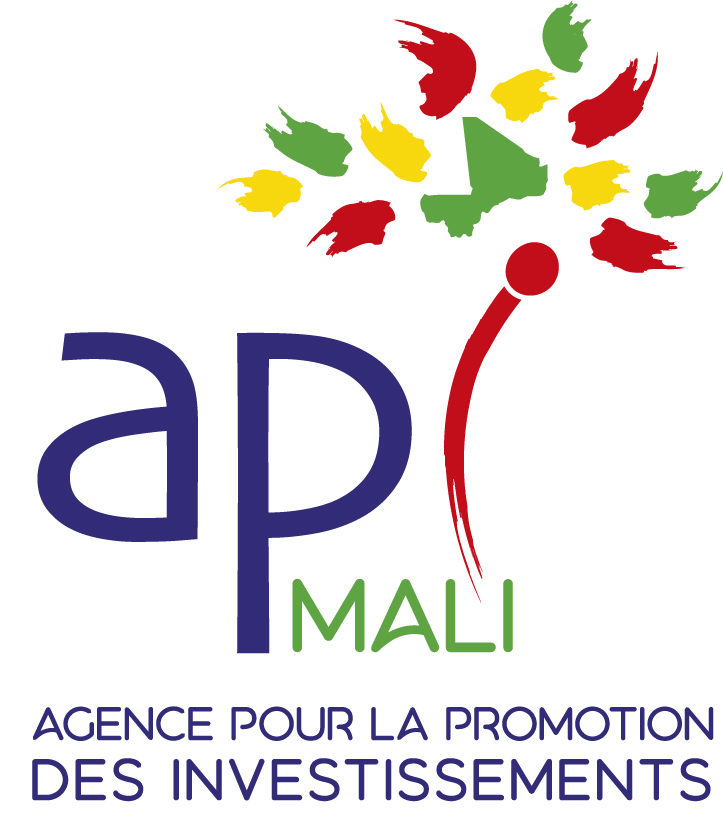Cashew Nut

Cashew nut production, estimated at around 90,000 tonnes, employs more than 200,000 people in rural Mali, providing them with export earnings estimated at around CFAF 32.5 billion. Cross-border trade (towards Burkina Faso, Cote d’Ivoire and Senegal) represents more than 87% of raw nut exports from Mali and is also an important factor of sub-regional integration. Mali’s potential supply could reach 59,500 tonnes in 2025 and even exceed this production level, taking into account the possibilities for improving yields, mainly from improved plant material and cultivation techniques.
The area sown for cashew cultivation reached 160,000 ha in 2020. The increase in plantations also contributes to the mitigation of the effects of erosion, environmental degradation and promotes production of several varieties (of what?) through the association of crops.
In terms of quality, Malian cashew nuts have an average reputation built on the functioning of the market. The KOR (Kernel Output Ratio) of Malian walnuts is between 44 and 48, on a quality scale between 46 and 56 (reference values). This KOR has been improved by adopting a certain number of good practices, namely, respect for the technical standards by producers, the application of good harvest and post-harvest practices, the sorting of nuts, the respect of the standards of storage, etc.
The data clearly demonstrates the social and economic importance of cashew nuts in Mali. The average cashew orchard in Mali is 0.5 ha and its yield is between 250 kg and 350 kg. Improving the income of family farms and combating poverty requires an increase in cultivated areas and increased yields. This is also aided by increasing market awareness of the Malian nut and acquiring significant market shares.
The processing of cashew products (i.e., walnuts and apples), although currently very marginal with less than 1% of the processed production, employs more than 3,000 people, 80% of whom are mainly rural women.Price changes on the international market in 2016-2017 (250-1000 FCFA / Kg) generated great enthusiasm for new producers to enter the sector. This enthusiasm has resulted in the establishment of new orchards and an increase in the potential of raw nut processing capacity. But since the advent of COVID-19 prices have fallen again to reach 200-350 FCFA (2021).
The cashew sector is supported by the Mali Cashew Sector Support Project (PAFAM) and is financed under the “European Union Emergency Trust Fund for Africa in Mali”. The PAFAM project is co-financed by the Spanish Agency for International Development Cooperation (AECID) and is under the supervision of the Ministry of Agriculture, Livestock and Fisheries (MAEP) and is executed through the National Directorate of Agriculture (DNA). Visit the Site Web : www.anacardedumali.ml
The area sown for cashew cultivation reached 160,000 ha in 2020. The increase in plantations also contributes to the mitigation of the effects of erosion, environmental degradation and promotes production of several varieties (of what?) through the association of crops.
In terms of quality, Malian cashew nuts have an average reputation built on the functioning of the market. The KOR (Kernel Output Ratio) of Malian walnuts is between 44 and 48, on a quality scale between 46 and 56 (reference values). This KOR has been improved by adopting a certain number of good practices, namely, respect for the technical standards by producers, the application of good harvest and post-harvest practices, the sorting of nuts, the respect of the standards of storage, etc.
The data clearly demonstrates the social and economic importance of cashew nuts in Mali. The average cashew orchard in Mali is 0.5 ha and its yield is between 250 kg and 350 kg. Improving the income of family farms and combating poverty requires an increase in cultivated areas and increased yields. This is also aided by increasing market awareness of the Malian nut and acquiring significant market shares.
The processing of cashew products (i.e., walnuts and apples), although currently very marginal with less than 1% of the processed production, employs more than 3,000 people, 80% of whom are mainly rural women.Price changes on the international market in 2016-2017 (250-1000 FCFA / Kg) generated great enthusiasm for new producers to enter the sector. This enthusiasm has resulted in the establishment of new orchards and an increase in the potential of raw nut processing capacity. But since the advent of COVID-19 prices have fallen again to reach 200-350 FCFA (2021).
The cashew sector is supported by the Mali Cashew Sector Support Project (PAFAM) and is financed under the “European Union Emergency Trust Fund for Africa in Mali”. The PAFAM project is co-financed by the Spanish Agency for International Development Cooperation (AECID) and is under the supervision of the Ministry of Agriculture, Livestock and Fisheries (MAEP) and is executed through the National Directorate of Agriculture (DNA). Visit the Site Web : www.anacardedumali.ml
Project and support program for the Cashew sector
food and agriculture organizations of the United Nations in Mali (FAO-MALI)
Mali is rich in natural resources and the biophysical conditions are favorable for agriculture. The rural sector relies on traditional knowledge and know-how, a dynamic ecosystem of actors with more than 15,000 agricultural organizations, agro-industrial operators and business development service providers.
However, the agricultural sector suffers from: limited investments in upgrading the value chain to improve performance and competitiveness; high vulnerability to climatic hazards and environmental factors. Changes in rainfall and temperature have increased pressure on natural resources and have had negative effects on agricultural production and contributed to tensions and insecurity within and between communities. Climate change is proving to be an important factor in the dynamics of security in Mali and requires decisive and integrated action including the integration of gender and youth.
The Government of Mali promotes the development of Agropoles as modern farms for the production, processing and marketing of agricultural products. Main dans la Main (MdM) in Mali intends to work with the Government and its partners to support an integrated approach to the development of Agropoles, by strengthening their impact on poverty, sustainability and inclusion which contribute to the stabilization and development process. economic empowerment of Mali.
Hand in Hand support combines:
The Government of Mali promotes the development of Agropoles as modern farms for the production, processing and marketing of agricultural products. Main dans la Main (MdM) in Mali intends to work with the Government and its partners to support an integrated approach to the development of Agropoles, by strengthening their impact on poverty, sustainability and inclusion which contribute to the stabilization and development process. economic empowerment of Mali.
Hand in Hand support combines:
- the inclusion of women and young people in Agropoles, and the strengthening of their agro-entrepreneurship and equity to improve their competitiveness and marketing;
- strengthening the resilience of smallholders to climate change (in connection with the Great Green Wall for the Sahel initiative, PRP-AGIR) and facilitating agro-ecological transition (e.g. land restoration, management water);
- facilitation of the digitization process of selected value chains.
Presentation of FAO's Hand in Hand Project Representation in Mali


Cashew Transformers Group in Mali (GTRAM-MALI)
Name: Mr. Koureissi TOURE
Position held : President of GTRAM
Mobile : + (223) 75 37 84 59
Email : gtram2019@gmail.com
Position held : President of GTRAM
Mobile : + (223) 75 37 84 59
Email : gtram2019@gmail.com
Presentation GTRAM-MALI


Association of Trade and Exporters of Mahogany Nuts of Mali (AMEC-MALI)
Name : Mamadou SY
Position held : Permanent Secretary
Mobile : + (223) 82 82 13 61
Email : ladjisy02@gmail.com
Position held : Permanent Secretary
Mobile : + (223) 82 82 13 61
Email : ladjisy02@gmail.com
Presentation AMEC-MALI

Cashew Nut Support Project In Mali
The project aims to improve economic and employment opportunities, especially among young people, as well as the living conditions and food and nutritional security of the beneficiary populations, and therefore to reduce the phenomenon of irregular emigration, the project to support the cashew sector in Mali (PAFAM) is in line with the objectives of the Trust Fund of the EU.
The general objective is to contribute to the fight against poverty, to sustainable development in Mali and to the reduction of emigration by developing the cashew sector. OS1. Economic and rural employment opportunities in the cashew sector and the income of the populations in the regions of Kayes, Sikasso and Koulikoro are increased. OS2. The food and nutritional security of the beneficiary populations is improved. OS3. Governance of the cashew sector is strengthened
The general objective is to contribute to the fight against poverty, to sustainable development in Mali and to the reduction of emigration by developing the cashew sector. OS1. Economic and rural employment opportunities in the cashew sector and the income of the populations in the regions of Kayes, Sikasso and Koulikoro are increased. OS2. The food and nutritional security of the beneficiary populations is improved. OS3. Governance of the cashew sector is strengthened
Name: Baba KANGO
Position Occupied: National Coordinator
Telephone: + (223) 20 24 11 90 / + (223) 20 24 11 97
Mobile: + (223) 66 74 30 94 / + (223) 70 08 29 28
Email: kongobaba57@yahoo.fr
PAFAM website: https://anacardedumali.ml/
Position Occupied: National Coordinator
Telephone: + (223) 20 24 11 90 / + (223) 20 24 11 97
Mobile: + (223) 66 74 30 94 / + (223) 70 08 29 28
Email: kongobaba57@yahoo.fr
PAFAM website: https://anacardedumali.ml/


Inclusive Project
The INCLUSIVE project, co-funded by IFAD and the Kingdom of Denmark, is scaling up Acquired from the IFAD-funded Rural Microfinance Program (PMR) and the Private Sector-Stimulated Economic Growth and Employment Promotion Program (PACEPEP) funded by Denmark. Its vision is to promote a sustainable transformation of agricultural sectors by improving financial inclusion and economic partnership between actors from poor groups, including women and young people, and their organizations, to small and medium-sized agricultural enterprises and agro-food.
Name : Dramane SIDIBE
Position held : Director of the INCLUSIVE Project
Inclusive Project Website : http://inclusifmali.org/
Position held : Director of the INCLUSIVE Project
Inclusive Project Website : http://inclusifmali.org/


African Women’s Entrepreneurship Program or African Women Entrepreneurs Program (AWEP)
Is an autonomous group of people willingly united to meet their common economic, social and cultural aspirations and needs , by means of a company whose ownership and management are collective and where power is exercised democratically and according to the cooperative principles governed by these statutes, based on the principles of union, solidarity and mutual assistance for good -economic and social being of its members; created in accordance with the relative uniform act of OHADA (the Organization for the Harmonization in Africa of Business Law) on cooperative societies adopted on December 15, 2010 in Lomé in the Republic of Togo.
The duration of the AWEP-MALI Center of the cooperative society with board of directors "C. AWEP-MALI-COOP-CA" is 99 years from its registration in the register of cooperative societies of the local social development service and the solidarity economy of the municipality II except extension or early dissolution.
The AWEP-MALI Center of the cooperative society with board of directors "C. AWEP-MALI-COOP-CA" aims to:
The duration of the AWEP-MALI Center of the cooperative society with board of directors "C. AWEP-MALI-COOP-CA" is 99 years from its registration in the register of cooperative societies of the local social development service and the solidarity economy of the municipality II except extension or early dissolution.
The AWEP-MALI Center of the cooperative society with board of directors "C. AWEP-MALI-COOP-CA" aims to:
- Promote income-generating activities (market gardening, processing of local products, fattening, cereal bank, etc.)
- Promote all socio-economic and cultural development actions of women;
- Develop solidarity between women;
- Defend the rights and interests of women with public authorities and institutions;
- Promote the import-export of women's products;
- Equip with agro-pastoral equipment and useful for women;
- Create the Center for socio-economic reintegration;
- Promote hygiene, sanitation and health activities;
- Seek funding for women's projects and businesses;
- Promote good governance;
- Promote employment;
- Marketing local processed products;
- Promote partnership;
- Participate in national and international fairs;
- Develop the cooperative spirit of members.


National Federation of Transformers of Agri-Food Products of Mali (FENATRA)
The National Federation of Transformers of Agri-Food Products of Mali (FENATRA) is an apolitical, non-denominational association and non-profit.
The Constitutive General Assembly of June 8 and 9, 2005, consecrates the creation of FENATRA.
It is officially recognized under the receipt N ° 0475 / G-DB of September 09, 2005.
It was born from the CILSS - CTA partnership, in order to ensure the continuity of the actions of the Relais National PROCELOS (Regional Project for the Promotion of Local Products of the Sahel).
FENATRA has around 5,000 members organized and grouped within 600 associations, cooperatives, GIEs, SARLs and Individual Enterprises.
FENATRA has relay structures in the district of Bamako, and the 08 Regions of Mali.
SECTORS CONCERNED
The following ongoing and future projects:
SECTORS CONCERNED
- the cereals and legumes sector
- the fruit and vegetable sector
- the oilseed sector
- the livestock, milk and meat sector
- the fishing and beekeeping products sector.
The following ongoing and future projects:
- Strengthening FENATRA structures at regional level
- The constitution of a database of operators in the agrifood sector
- The creation of a food packaging purchasing center
- The development, in relation to the structures
- specialized standards for local processed products
- The development of all types of partnerships.

















